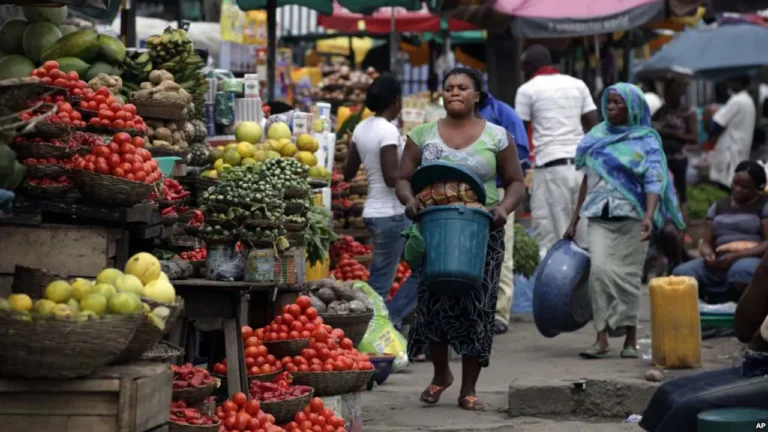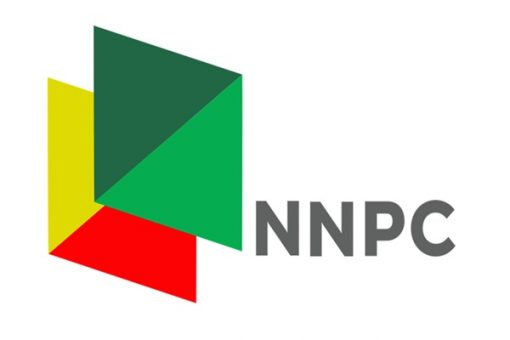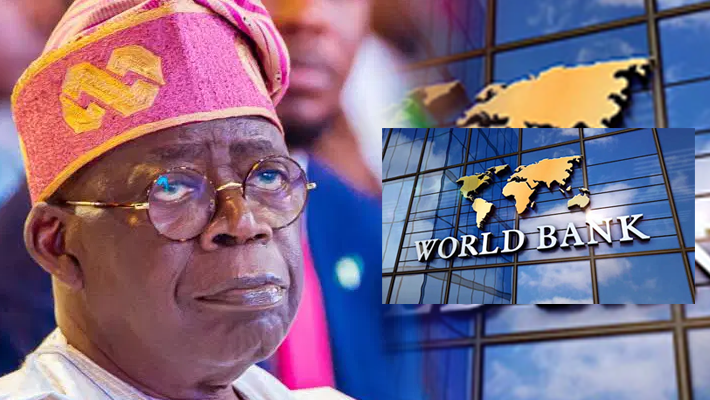
The Debt Management Office (DMO) records have indicated that four highest indebted states recorded a total of N1.71 trillion in domestic debt in the first three months of the year (Q1 2024).
The states are Lagos, Delta, Rivers and Ogun – each recorded domestic debt of N200 billion and above.
The figure was marginally lower by10 percent than the N1.75 trillion accumulated by the four states during same period in 2023.
The topmost indebted state, Lagos, saw its Q1 2024 domestic debt jump by 14.4 percent to N929.4 billion from N812.3 billion in the corresponding period of 2023, Delta came second with N334.8 billion in the review period, compared with N421.7 billion in Q1 2023, while Ogun dropped to N221.2 billion in Q1 2024 from N421.7 billion in the equivalent period of the preceding year.
A further look at the report showed that Akwa Ibom which recorded N206.6 billion to occupy a place among the league of highly indebted states in 2023 saw its domestic debt decline significantly to N142,9 billion in 2024, representing a 44.5 percent drop.
The total domestic debt of the 36 states and the Federal Capital Territory (FCT) during the period was N4.06 trillion, a 25.7 percent drop from N5.47 trillion during the corresponding period of 2023, and also lower than N5.86 trillion in the preceding quarter (Q4, 2023) by 30.7 percent.
Disaggregated on geopolitical zones, Lagos tops the South-West with N929.41 billion while Ekiti recorded the lowest among the six states with N57.89 billion during the period,
Imo leads among the five states in the South-East with N163.05 billion domestic debt, while Ebonyi holds the least – N22.21 billion.
With a domestic debt profile of N232.57 billion, Rivers comes top among the six states in the South-South zone. Edo had the least – N72.39 billion.
In the North-Central, Benue with a domestic debt profile of N116.73 billion leads the zone against Kogi’s N38.55 billion which emerged the least.
The North-West’s seven states is led by Zamfara with N65.24 billion as Jigawa sits on the bottom with N2.07 billion domestic debt.
In the North-East, Bauchi has a domestic debt stock of N108.38 billion, the highest in the zone, while Taraba with N32.63 billion is the least.
On the overall, Lagos remains the state with the highest domestic debt of NN929,41, Jigawa’s lightweight figure of N2.07 billion comes the least.
Amid high debt profile, the states battle rise in inflation and unemployment rates which have deteriorated in the past 12 months following controversial policies of the Nigerian government.
According to the National Bureau of Statistics (NBS), the states have their shares of the pang of macroeconomic challenges which shows an increasingly painful impact on the people.
The NBS said in its latest Consumer Index Consumer Price Index (CPI) that in May 2024, the All-Items inflation rate on a year-on-year basis was highest in Bauchi (42.30%), Kogi (39.38%), and Oyo (37.73%), while Borno (25.97%), Benue (27.74%) and Del-ta (28.67%) recorded the slowest rise in Headline inflation on Year-on-Year basis.
The report stated that on a month-on-month basis, May 2024 recorded the highest increases in Kano (4.24%), Gombe (4.06%), Bauchi (3.75%), while Ondo (0.57%), Kwara (1.19%) and Yobe (1.24%) recorded the slowest rise on month-on-month inflation.
“In May 2024, food inflation on a year-on-year basis was highest in Kogi (46.32%), Ekiti (44.94%), Kwara (44.66%), while Adamawa (31.72%), Bauchi (34.35%) and Borno (34.74%), recorded the slowest rise in food inflation on year-on-year basis.
“On a month-on-month basis, however, May 2024 food inflation was highest in Gombe (4.88%), Kano (4.68%), and Bayelsa (3.62%), while Ondo (0.02%), Yobe (0.95%) and Adamawa (1.02%) recorded the slowest rise in Food inflation on Month-on-Month basis”, the NBS stated in the CPI report.
Despite the critical economic situation of the states, the governors have not shown sufficient evidence of their commitment towards efficient management of their scarce resources as many still embark on gigantic projects that do not actually result in lifting the standard of living of the people.


